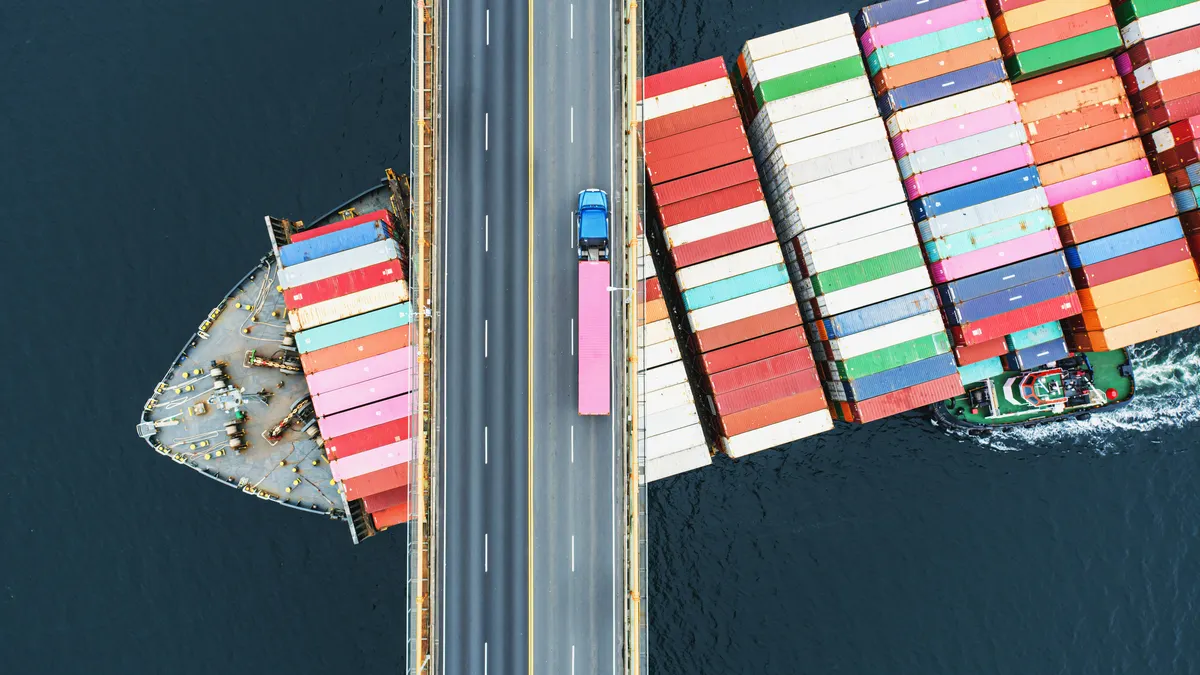The world of business in 2025 is evolving faster than ever, driven by technological innovation, shifting geopolitical dynamics, and changing consumer expectations. Every week, headlines reveal new challenges—from inflationary pressures to supply chain disruptions—and groundbreaking opportunities such as artificial intelligence, green energy, and digital finance. In this article, we examine the latest news shaping global business and explore how companies, investors, and governments are adapting to an unpredictable landscape.
1. The Global Economic Outlook
As of 2025, the global economy is showing mixed signals. On one hand, inflation rates that surged in the early 2020s are finally stabilizing in many regions, thanks to tighter monetary policies by central banks. On the other hand, global debt levels remain historically high, and emerging economies continue to feel the aftershocks of the pandemic and rising interest rates.
The International Monetary Fund (IMF) recently revised its global growth forecast to modest levels, citing slower-than-expected recoveries in China and Europe. Meanwhile, the United States economy, though resilient, faces uncertainty over consumer spending and political gridlock.
For businesses, this means cautious optimism. Many companies are balancing expansion plans with cost-cutting strategies, while investors are closely watching policy shifts and trade agreements that could either accelerate or slow growth.
2. Artificial Intelligence as a Business Game-Changer
No topic dominates business news in 2025 more than artificial intelligence. AI is no longer just an experimental tool—it has become a central force in shaping business strategies. From automating customer service to predicting market trends, AI is helping organizations cut costs and improve efficiency.
Startups leveraging AI are attracting record levels of investment, while established corporations are racing to integrate AI systems into their operations. Retail giants are using AI to personalize shopping experiences, banks are adopting AI-driven fraud detection, and logistics companies are relying on predictive analytics to streamline supply chains.
At the same time, the rapid spread of AI has raised questions about ethics, regulation, and workforce displacement. Governments worldwide are debating policies to ensure fair competition, protect consumer data, and address concerns about job losses in sectors heavily affected by automation.
3. The Energy Transition and Sustainable Business
Sustainability has moved from being a corporate buzzword to a business imperative. As climate change continues to dominate global discussions, investors, regulators, and consumers are pressuring companies to adopt greener practices.
In 2025, renewable energy investments are surging, with solar, wind, and hydrogen projects gaining momentum. Major corporations are pledging net-zero commitments, not just for reputation but to stay competitive in a world where carbon regulations are tightening.
Meanwhile, industries like automotive are undergoing dramatic shifts. Electric vehicle (EV) sales are breaking records, and supply chains for batteries and rare earth minerals are becoming strategic assets. Oil and gas companies, though still profitable, are diversifying into renewables to remain relevant.
For businesses, sustainability is no longer optional—it is a key factor influencing investor confidence, customer loyalty, and long-term survival.

4. The Future of Work and Talent Wars
The pandemic permanently reshaped the workplace, and by 2025, hybrid and remote work models have become standard in many industries. This shift has sparked both opportunities and challenges for businesses.
On one hand, companies can access global talent pools, reduce overhead costs, and offer employees greater flexibility. On the other hand, issues such as employee engagement, cybersecurity, and productivity monitoring remain concerns.
Another pressing issue is the growing “talent war” in fields like technology, healthcare, and green energy. Businesses are competing fiercely for skilled professionals, offering higher wages, flexible arrangements, and professional development opportunities.
At the same time, the gig economy continues to expand, with more workers opting for freelance and contract-based employment. This flexibility benefits businesses seeking agility but raises questions about worker protections and benefits.
5. Supply Chain Reinvention
Global supply chains, once celebrated for efficiency, were severely disrupted by the pandemic, geopolitical tensions, and climate-related disasters. In 2025, businesses are rethinking their supply chain strategies to prioritize resilience over pure cost savings.
Nearshoring and friend-shoring have become common practices, with companies moving production closer to home or to politically aligned countries. Digital tools such as blockchain are being deployed to improve transparency and traceability across supply networks.
While these changes come at a higher short-term cost, businesses recognize the importance of reducing vulnerabilities. Supply chain resilience has become not just a logistical issue, but a key part of corporate risk management.
6. Digital Finance and the Rise of Central Bank Digital Currencies (CBDCs)
The financial landscape is undergoing a revolution in 2025. Central banks around the world are rolling out digital currencies, aiming to modernize payment systems and increase financial inclusion. China’s digital yuan and the European Union’s digital euro are leading the way, while other nations are in advanced pilot phases.
For businesses, CBDCs promise faster transactions, reduced fees, and improved cross-border trade efficiency. However, they also raise concerns about surveillance, regulation, and cybersecurity.
Meanwhile, cryptocurrencies and decentralized finance (DeFi) remain volatile but continue to attract innovation and investment. Businesses are exploring blockchain not just for payments, but also for smart contracts, supply chain management, and intellectual property protection.
7. Geopolitics and Business Risks
Geopolitical tensions are shaping the business world in profound ways. Trade disputes, sanctions, and regional conflicts have forced companies to navigate a more fragmented global economy.
The U.S.-China rivalry remains a dominant theme in business news, with technology, manufacturing, and energy sectors caught in the middle. Companies are diversifying their markets and supply chains to reduce exposure to political risks.
Additionally, conflicts in Eastern Europe and the Middle East are influencing energy prices and investor confidence. Businesses operating globally must adapt to shifting regulations, currency fluctuations, and political instability.
8. Consumer Behavior in 2025
Today’s consumers are more informed, demanding, and values-driven than ever before. In 2025, digital shopping has reached new heights, with e-commerce accounting for a significant share of global retail sales. Social media and influencer marketing continue to drive trends, but consumers are also seeking authenticity and transparency from brands.
Sustainability, ethical sourcing, and inclusivity are influencing purchasing decisions. Companies that fail to align with these values risk losing market share, while those that embrace them are building stronger connections with customers.
The demand for convenience is also shaping industries, from food delivery services to same-day e-commerce logistics. Businesses must balance speed with quality to stay competitive.

Conclusion: Navigating Business in an Uncertain World
The business landscape in 2025 is defined by rapid transformation, uncertainty, and innovation. Artificial intelligence, digital finance, and sustainability are creating new opportunities, while geopolitical tensions, supply chain challenges, and shifting consumer expectations add complexity.
For companies, success will depend on agility—adapting to change while keeping an eye on long-term strategies. For investors, diversification and resilience remain key. For governments, creating policies that encourage innovation while ensuring fairness will be crucial.
Ultimately, the businesses that thrive in 2025 will be those that not only respond to immediate challenges but also anticipate the future, aligning technology, talent, and values with the evolving global economy.






